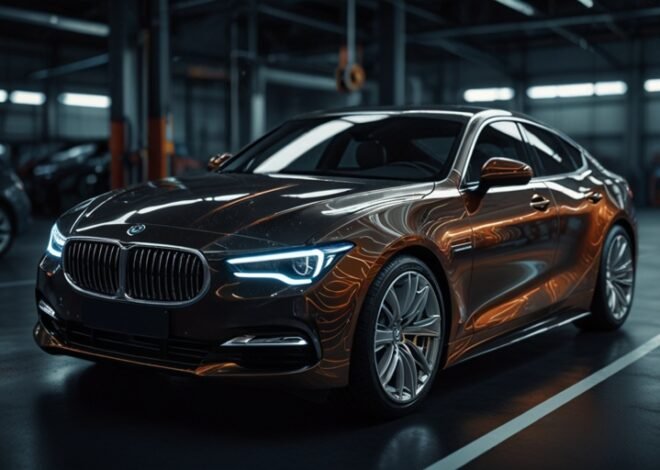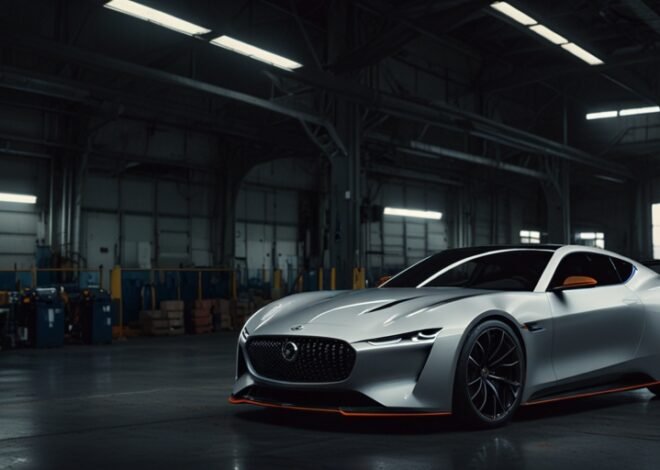Tata Motors Leads India’s Electric Vehicle Market in FY2024
The Electric Vehicle (EV) Industry in India has shown tremendous performance in the fiscal year 2024 where sales records have achieved beyond the benchmark in all segments of automobiles. As per the latest industry body, the India EV sale crossed a path-breaking figure of 41,35,077 units in FY 2024 to claim a remarkable step towards realization of sustainable transportation.
In India, people with a penchant for electric cars have been on the rise and the annual EV sales in the nation have surpassed the 1. An attempt to achieve seven million vehicle sales figure by FY2024 with the focus to dominate the E2W segment. E2W sold comparatively higher percentage than the total sales of EV with the market share of more than 55% while E3W P had the market share of approximately 32%. This distribution shows the versatility of Indians in terms of the use of EVs ranging from personal transport means, and last-mile connectivity.
In the E2W segment the major reflection is in the sales, they grew to about 28 % in the FY2024 from the corresponding previous year. The market leader in the said category was Ola Electric followed by TVS Motor Co. and Ather Energy holding more than 65% of the registered vehicles in this segment. He noted that the improvement in the financial performance of such players is a result of increasing consumer trust in electric two-wheelers, and increased range and improved efficiency of these vehicles.
The electric three-wheeler market that includes both the passenger segment as well as the cargo heading witnessed a stupendous growth of 55% in the FY2024 if compared to the FY2023 sales. Mahindra Last Mile Mobility outperformed other competitor and became the market leader in the passenger as well as the cargo E3W categories followed by YC Electric Vehicle and Saera Electric in the passengers segment.
However, the most valuable addition of car sales was recorded in the Electric car (E-Car) which increased by more than 80% in the FY2024 as compared to the FY2023. The market share in this category remained once again dominated by Tata Motors with well over two thirds share while its closest competitor MG Motor had slightly over one third share of the market.
This encourages growth in the sales of E-Car segment as a much more favorable option for the Indian customers due to low operating costs, increased charging points, and product availability.
The E-Bus segment too expanded considerably with the sales rate increasing by 84% in FY2024 when compared with the rate recorded in FY 2023. JBM Auto, Tata Motors, and Olectra Greentek own most of this market with a value share exceeding 75 percent in the E-Bus segment. This growth in the E-Bus segment also comes at a time when the India government is promoting the use of electric vehicles especially within the public transport system in the country’s cities.
Regionally, few states account for the over 95 per cent of the EV adoption in India. The biggest EV buying states in FY2024 are Uttar Pradesh, Maharashtra, Karnataka, Tamil Nadu, and Rajasthan which are prominent destinations of EV sales in the country.
This regional concentration thus underlines the need to have fairly stable and well-coordinated policies and infrastructure for charging points to make the adoption of EVs more balanced in all the states of the country concerned.
Similarly, the Indian EV market has also grown at a very fast pace and has caused further advancements to happen in the ecosystem. The report highlighted that leading players planned to set up more than 41K slow and fast charging points for EVs in FY2024, that discussed one of the biggest challenges to faster EV penetration – the lack and evenly distribution of charging infrastructure.
Similarly, major action has also been witnessed in battery pack manufacturing sector with companies like iPower, Trontek, Amara Raja and Inverted identified as key players in terms of supply toward the Indian market. The rise in local battery manufacturing is necessary for deco continental dependency and general lowering of EV prices in India.
As India and his people move forward towards a completely electric future, the kind of numbers of FY2024 showcased above are quite encouraging. Further government support, enhanced infrastructure and raising consumer consciousness, the Indian EV market can look forward to even more robust growth in the next few years and will thus play an important role in helping the country to achieve the energy security objective and hitting the desired low-carbon economy targets.


